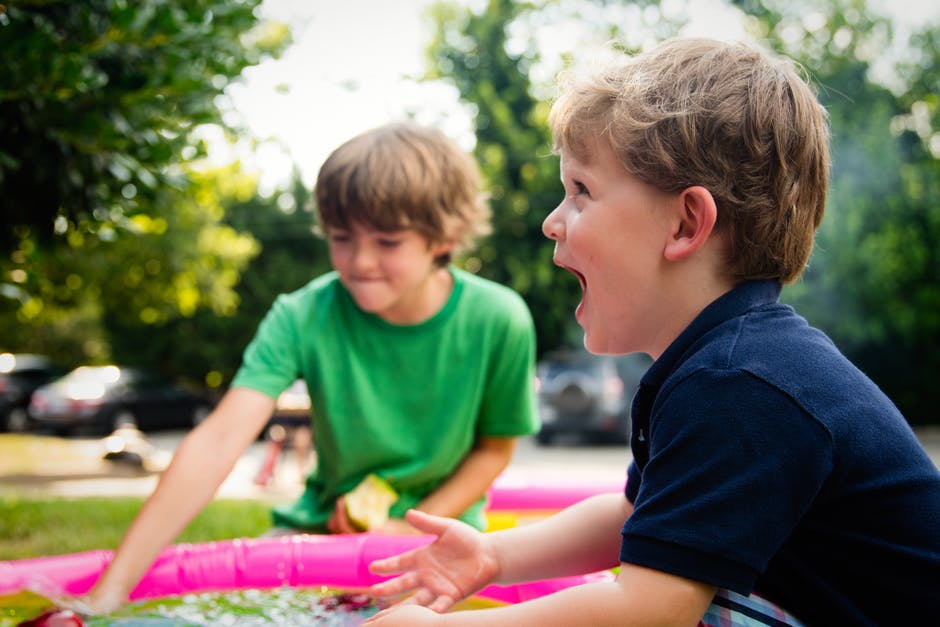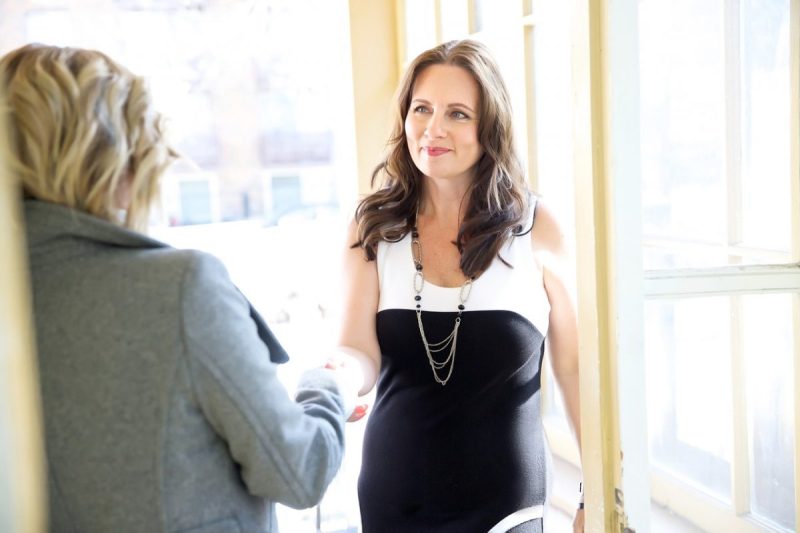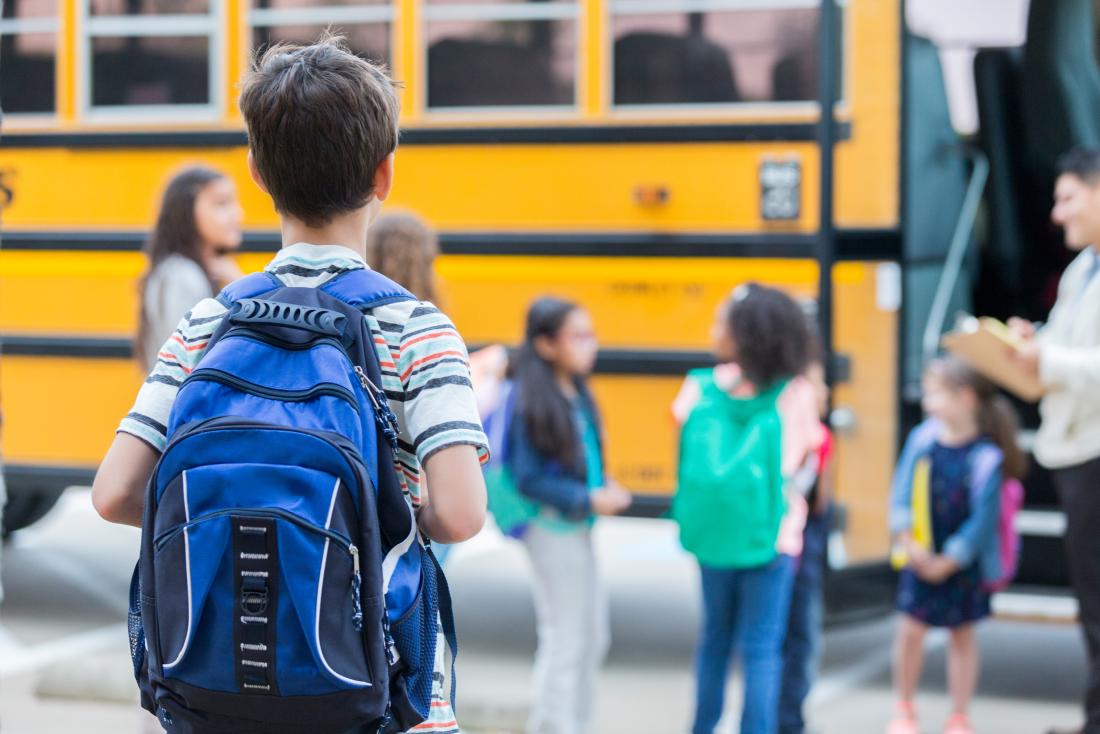Determining whether or not kids have ADHD is harder than you think. We set the record straight about diagnosis, drug dangers, and more.

Attention-deficit/hyperactivity disorder (ADHD) may seem like a trendy diagnosis — the psychiatric condition is thought to affect about 4 million kids nationwide — but the truth is that ADHD may be both overdiagnosed and underdiagnosed. “Lots of high-energy, rambunctious kids don’t have ADHD,” says Parents advisor David Fassler, MD, clinical professor of psychiatry at the University of Vermont College of Medicine, in Burlington. “However, many kids with ADHD don’t get diagnosed, particularly if their symptoms don’t include the constant physical activity often associated with the disorder.” Of course, all kids are hyper or distracted sometimes, but experts say that a child who truly has ADHD will have symptoms in a variety of situations (at home, at school, and with friends) for at least six continuous months starting before age 7. Update yourself on the latest info, based on recent landmark research, about potential causes, the best treatments, and other discoveries about ADHD.
Not all kids with ADHD are constantly on the go.
We tend to think of them as being hyperactive and impulsive — they’re the ones squirming in their seat, tapping their pencil, grabbing things that don’t belong to them, and causing trouble. And they seem to know only one speed: overdrive. Although these behaviors are indeed classic signs of ADHD, some kids with the disorder are relatively calm. Girls, in particular, are more likely to have a type of ADHD that primarily makes it difficult for them to pay attention. They often daydream and have a difficult time following directions and focusing on schoolwork. But because these children aren’t disruptive, their ADHD often goes undiagnosed and untreated, says Dr. Fassler.
It can be diagnosed as early as age 3.
Preschoolers naturally have a short attention span, so doctors may be hesitant to label them with ADHD. Kids are typically diagnosed around age 6 — when they’re expected to sit quietly in school, follow directions, and not interrupt — but the disorder doesn’t suddenly appear then. “ADHD is a chronic condition that can start early,” says Parents advisor Harold Koplewicz, MD, President of the Child Mind Institute. Signs include aggressiveness (which often gets children kicked out of childcare or preschool), trouble focusing on activities like bedtime stories, and uncontrollable behaviors such as bolting into a busy parking lot. “By the time they’re diagnosed with ADHD, most kids have had a long history of problem behaviors that can affect their self-esteem,” says Dr. Koplewicz. In fact, a large study from the National Institute of Mental Health (NIMH) showed that children ages 3 to 5 can benefit greatly from treatment. Researchers found that low doses of medication are safe and effective, but since preschoolers are more sensitive to side effects than older kids are, they need to be closely monitored.
Something else may cause a child’s symptoms.
Other conditions — including sleep apnea, vision problems, and hearing impairments — could make it hard for him to focus or cause him to be disruptive. Traumatic events, such as the death of a grandparent or a divorce, also can trigger ADHD-like behaviors. If your child’s pediatrician suspects ADHD, she’ll probably refer you to a mental-health specialist, such as a child psychiatrist, psychologist, or behavioral neurologist. This clinician will gather information about your child’s behavior from you, his teachers, and other caregivers, as well as perform a physical exam and review your child’s medical history. She’ll also interview and observe your child and rule out potential learning disabilities before she makes a diagnosis.
Many kids who could benefit from medication don’t take it.
Another large NIMH study has proven that stimulant medication is the most effective treatment for school-age kids with ADHD — and yet almost half of kids diagnosed with the disorder have never tried it. Although it might not make sense to give something called a stimulant to a child who already seems overly stimulated, these medications get their name because they “turn on” neurotransmitters in the brain that control attention and impulsiveness. Some parents worry that their child will have side effects like weight loss, headaches, irritability, or sleep problems, but doctors can usually reduce them by adjusting the dose, switching to another medication (there are now about 20 different ones), or changing the time a child takes it. Despite reports you may have heard, the American Academy of Pediatrics says that there’s no link between stimulants and heart attacks in kids and that most kids don’t need to have an electrocardiogram (ECG) before starting on medication. A doctor will order an ECG if a child has a history of heart problems or if something worrisome shows up on a physical exam.
Medication isn’t the only answer.
Adding behavioral strategies to drug therapy is helpful for kids of all ages. Parents can learn specific ways to praise and reward their child for good behavior, such as completing chores or doing his homework, and to take away privileges when he jumps on the furniture or refuses to sit quietly at the table. “Even if they take medication, children with ADHD still need help with key life skills like organization and time management,” says Ann Abramowitz, PhD, chair of the professional advisory board for the nonprofit Children and Adults with Attention-Deficit/Hyperactivity Disorder. In fact, some kids improve so much with combined treatment that they’re able to reduce their dose of medication. Although many kids with ADHD have tried some form of alternative treatment, such as vitamins, dietary changes, or biofeedback, there hasn’t been enough research to prove that these offer any benefits. A recent study in the Journal of the American Medical Association, for example, found that the herb St. John’s wort was no more effective than a placebo for kids with ADHD.
ADHD usually isn’t a child’s only diagnosis.
Many kids with ADHD also have a language or learning problem, and more than half have at least one other mental-health disorder — which can make medication treatment more complicated. Children with ADHD are most likely to have oppositional defiant disorder; they can be very hostile to adults and intentionally bother other people. Although an increasing number of kids are now being diagnosed with both ADHD and bipolar disorder — which share many symptoms — experts believe that most kids actually have only one or the other. The key distinction is that a child with bipolar disorder has a distorted sense of reality. “A child with ADHD might like to race around the house in his Superman cape, but a bipolar child might truly believe he has superpowers that can make him fly,” says Dr. Koplewicz. However, more research still needs to be done to help doctors make the most accurate diagnoses.
Kids with ADHD are accident-prone.
They get injured more often than other kids because they don’t always think twice before trying daredevil moves like skateboard stunts, and they tend to dash into the street without checking for cars. They’re also more likely to be hospitalized for accidental poisonings. As a result, medical bills for ADHD kids are about twice as high as those for children without the disorder, according to the CDC. If your child has ADHD, make sure that he always wears a helmet and protective pads when he bikes or skates, and also keep harmful household products locked up and out of reach.
A child’s behavior may improve as she gets older.
New research suggests that ADHD may be related to developmental delays in the frontal cortex areas of the brain that are responsible for attention, planning, and thinking. In kids with ADHD, this region doesn’t fully mature until three years later than in children without ADHD. Although more than half of children with ADHD will continue to grapple with problems like focusing and planning through adulthood, this lag time may explain why some kids outgrow their hyperactive and impulsive tendencies once they’re teenagers, says Dr. Fassler.
ADHD Real-Life Stories
Finding the right treatment has made a huge difference for these kids.
Jadyn Koss, age 9
Treatment: Stimulant medication
Since she was diagnosed at 6 1/2, Jadyn has tried five different stimulants because some of them caused side effects like irritability and sleep problems. Still, her mother, Melinda, says the medications have been a blessing. “Jadyn used to twirl around, run in circles, and tap her feet incessantly. Her eyes darted so much that she couldn’t focus or learn to read.” Now, with the help of the Daytrana skin patch, Jadyn is reading above grade level, and she’s made friends with many kids in her class. “Parents shouldn’t worry about ADHD medications turning their kids into zombies,” says Melinda, of New City, New York. “Jadyn is still a high-energy kid. She’s simply better able to direct her energy in positive ways that make her a delight to be around.”
Andrew Owens, age 7
Treatment: Combined therapy
Andrew wasn’t diagnosed with ADHD until age 6, but his mother, Shelby, started using behavior-modification techniques with him when he was 3. That’s because he was acting a lot like his older sister, Macey, who’d already been diagnosed with the condition. Shelby created sticker charts and began giving him small rewards to encourage him to follow through on tasks like getting ready for bed without too much fuss. She took away privileges like going to the library when he didn’t listen or if he threw things when he became upset. “Even if it turned out that ADHD wasn’t the cause of Andrew’s uncontrollable energy, I thought these techniques would help improve his behavior,” says Shelby, of Longwood, Florida. Like his sister, he now takes ADHD medication, but the Owens family continues to use behavioral methods. “We’ve found that our positive reinforcement gives him the little extra push he needs to try his best,” Shelby says.
Will Kirby, age 11
Treatment: Physical activity
Will is always on the move, and that’s exactly how his mom, Stacia, likes it. “I make sure he does something physically active every day to burn off his excess energy,” she says. Will’s symptoms improved with medication after he was diagnosed at age 9, but he was extremely sensitive to the side effects. “One medication made him throw up for a week, and another sent him into a deep funk every evening,” says Stacia, of Seattle. Will eventually begged his parents to let him stop the drugs. Now, instead of swallowing pills, Will plays lacrosse, soccer, and basketball. Even gardening has become part of his therapy. So far, he’s doing well in school. “He isn’t disruptive in class, and he has lots of friends,” says Stacia. “As long as Will’s busy, he seems to do just fine.”
All content on this Web site, including medical opinion and any other health-related information, is for informational purposes only and should not be considered to be a specific diagnosis or treatment plan for any individual situation. Use of this site and the information contained herein does not create a doctor-patient relationship. Always seek the direct advice of your own doctor in connection with any questions or issues you may have regarding your own health or the health of others.





